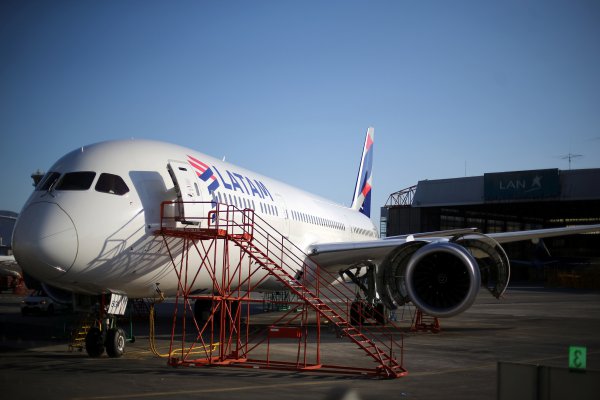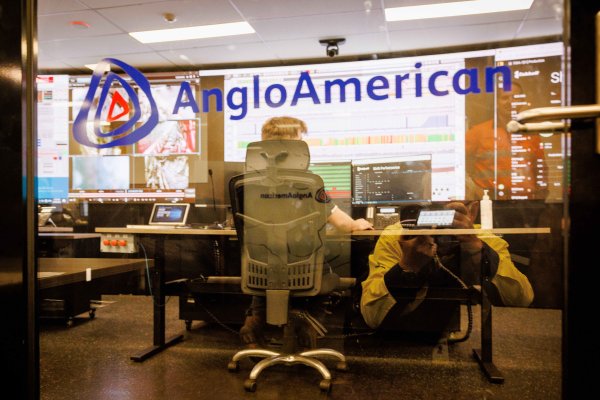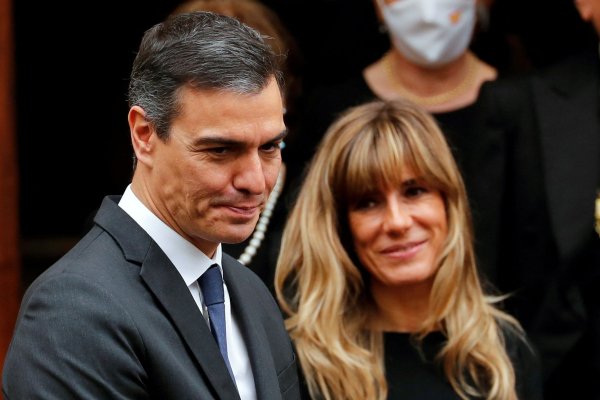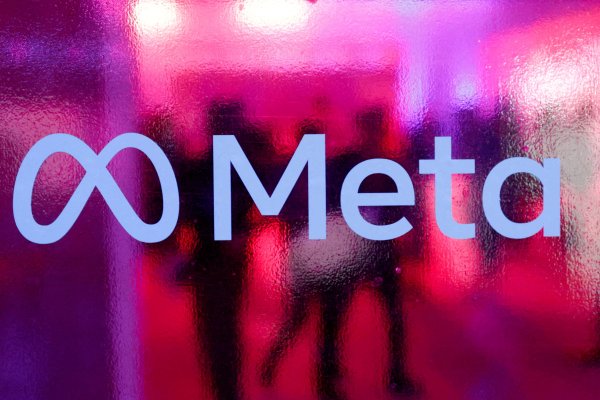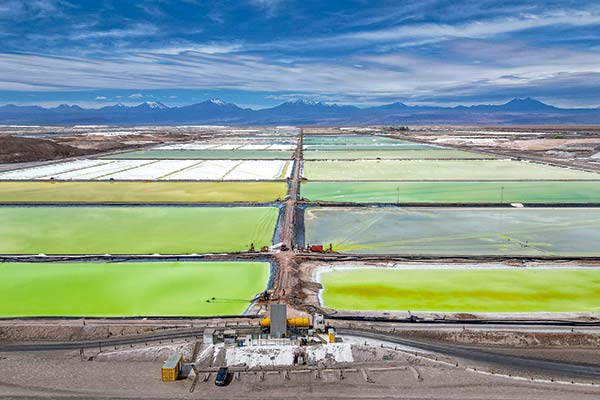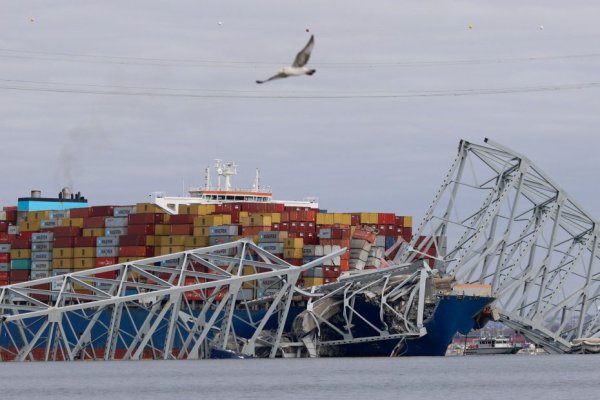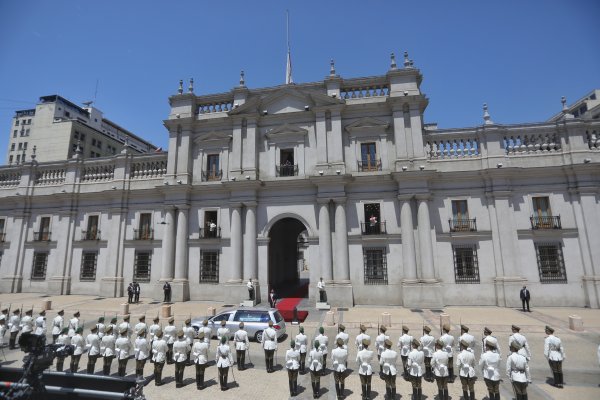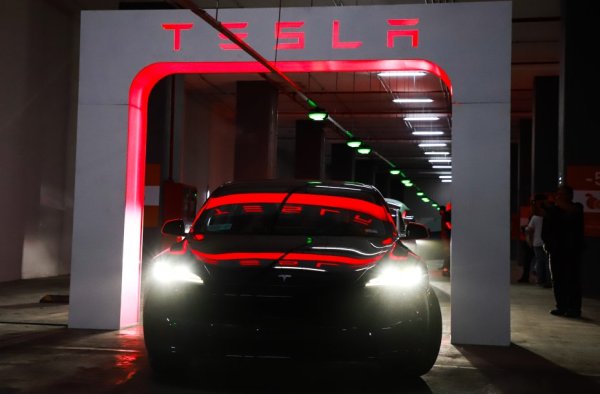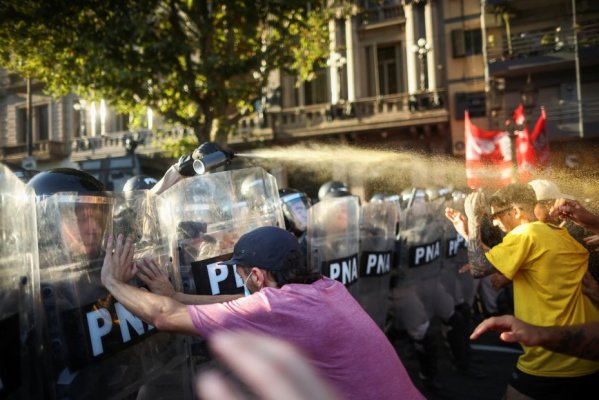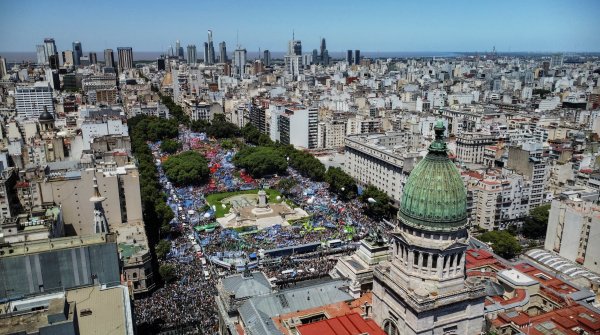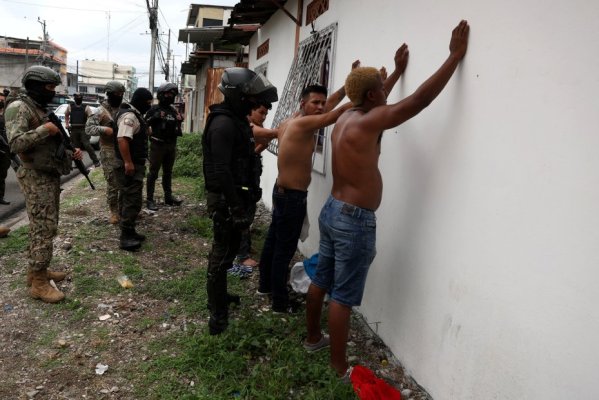DF Conexión a China | Hong Kong, oportunidad y toma de control
Juan Pablo Toro V. Director ejecutivo de AthenaLab
- T+
- T-

Juan Pablo Toro V.
Cada cierto tiempo en este diario se da cuenta de un tipo de movimiento financiero que se conoce como Oferta Pública de Adquisición hostil (OPA hostil), que es aquella operación por la cual una persona o entidad trata de hacerse con el control de otra empresa, sin la aceptación previa de la sociedad que se pretende adquirir.
La reciente decisión del Legislativo chino de aprobar una normativa de seguridad nacional para Hong Kong podría ser entendida como una OPA hostil, en la medida que permitirá al gobierno central consolidar su manejo sobre la excolonia británica, que el año pasado fue escenario de violentas protestas en defensa de las libertades de sus ciudadanos.
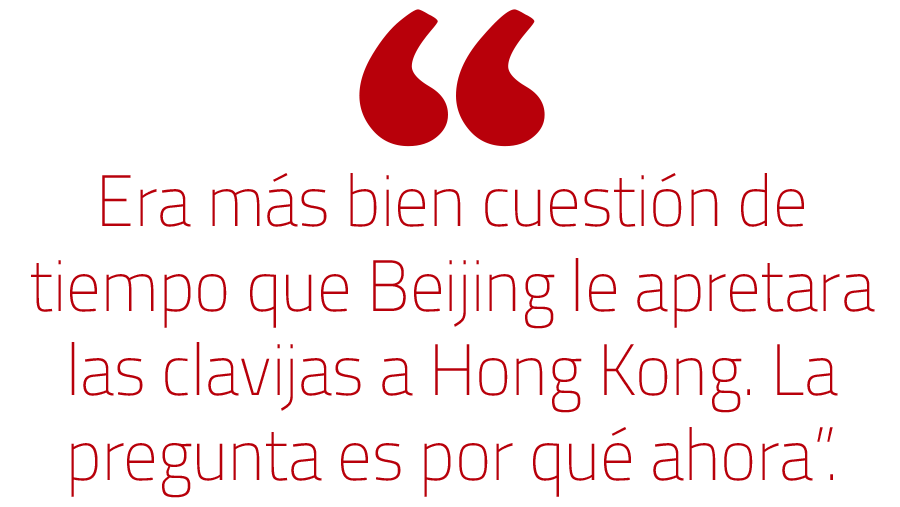
Con la nueva ley se podrá “impedir, detener y castigar” cualquier conducta que “ponga en grave peligro la seguridad nacional, como el separatismo, la subversión de los poderes del Estado o la organización y ejecución de actividades terroristas, así como actividades de fuerzas extranjeras que interfieran en los asuntos” de ese territorio, mientras se abre la puerta para que los órganos policiales de Beijing puedan operar en la región administrativa especial.
De inmediato, la medida generó críticas de la “Angloesfera” (Australia, Canadá, Estados Unidos y Reino Unido, con excepción de Nueva Zelanda) y de la Unión Europea, que temen un posible retroceso de las libertades, contraviniendo compromisos de la devolución a China de ese territorio en 1997. El gobierno de Boris Johnson incluso está ofreciendo pasaportes británicos a millones de personas que podrían reclamarlos.
Sin embargo, ni esos cuestionamientos ni la posible emigración de personas de ese hub financiero global (miembro de APEC) van a detener al gobierno del Presidente Xi Jinping. Era más bien cuestión de tiempo que se apretaran las clavijas a Hong Kong. La pregunta es por qué ahora.
Así como el gobierno chino tiene muchos sueños (de hecho, existe el “sueño chino” de una “sociedad modestamente acomodada”), también tiene sus pesadillas. Y una de ellas es la proliferación de protestas contra el Partido Comunista Chino (PCCh), que justo celebrará su centenario en 2021. Y claro, los hongkoneses daban un pésimo ejemplo.
Desde su llegada a la Presidencia en 2013, Xi ha aumentado el control tecnológico y la presión sobre los opositores, a la vez que ha centralizado de nuevo el poder (por sobre la colectivización del mando) y jugado la carta nacionalista. Siguiendo esa lógica de comportamiento, el momento actual es más que propicio para tomar control sobre Hong Kong y enterrar la incómoda idea de “un país, dos sistemas”, aun cuando eso signifique alejar a Taiwán de cualquier posibilidad de anexión negociada (más bien se están redoblando las amenazas en sentido contrario).
Todo el mundo está hoy concentrado en combatir el coronavirus y aceptando la ayuda china en insumos médicos o asesoría técnica. Los rivales de Beijing atraviesan sus propios problemas domésticos (protestas en EEUU en año electoral, por ejemplo). Y la medida adoptada sobre Hong Kong da un férreo mensaje interno a los críticos del PCCh por su manejo de la pandemia.
La OPA hostil se lanzó y ahora solo podemos esperar que se concrete. Finalmente, China actúa como lo haría cualquier potencia.
Hong Kong, opportunity and takeover
Juan Pablo Toro V.
Executive Director of AthenaLab
From time to time this newspaper reports on a type of financial movement known as a hostile takeover bid, which is an operation by which a person or entity tries to take control of another company, without the prior approval of the company it is trying to acquire.
The recent decision by the Chinese legislature to pass national security regulations for Hong Kong could be understood as a hostile takeover bid, insofar as it will allow the central government to consolidate its handling of the former British colony, which last year was the scene of violent protests in defense of its citizens' freedoms.
With the new law, it will be possible to "prevent, detain and punish" any conduct that "seriously endangers national security, such as separatism, subversion of state powers or the organization and execution of terrorist activities, as well as activities of foreign forces that interfere in the affairs" of that territory, while opening the door for Beijing's police bodies to operate in the special administrative region.
The measure immediately drew criticism from the "Anglo-sphere" (Australia, Canada, the United States and the United Kingdom, with the exception of New Zealand) and the European Union, which feared a possible decline in freedoms, contrary to commitments made by China in 1997. Boris Johnson´s government is even offering British passports to millions of people who could claim them.
However, neither these criticisms nor the possible emigration of people from this global financial hub (an APEC member) are going to stop the government of President Xi Jinping. It was more a matter of time before the screws were turned on Hong Kong. The question is why now.
Just as the Chinese government has many dreams (in fact, there is the "Chinese dream" of a "modestly affluent society"), it also has nightmares. And one of them is the spread of protests against the Chinese Communist Party (CCP), which will be celebrating its 100th anniversary in 2021. And of course, Hong Kong´s people set a terrible example.
Since his arrival to the presidency in 2013, Xi has increased technological control and pressure on the opposition, while centralizing power again (over the collectivization of command) and playing the nationalist card. Following this behavioural logic, the time is now more than ripe to take control of Hong Kong and bury the uncomfortable idea of "one country, two systems", even if this means distancing Taiwan from any possibility of negotiated annexation (in fact, threats are just the opposite).
Everyone is now focused on fighting the coronavirus and accepting Chinese help with medical supplies or technical advice. Beijing's rivals are going through their own domestic problems (protests in the US in an election year, for example). And the action taken on Hong Kong gives a strong internal message to CCP critics for its handling of the pandemic.
The hostile takeover bid was launched and now we can only wait for it to materialize. In the end, China is acting as any world power would.

































